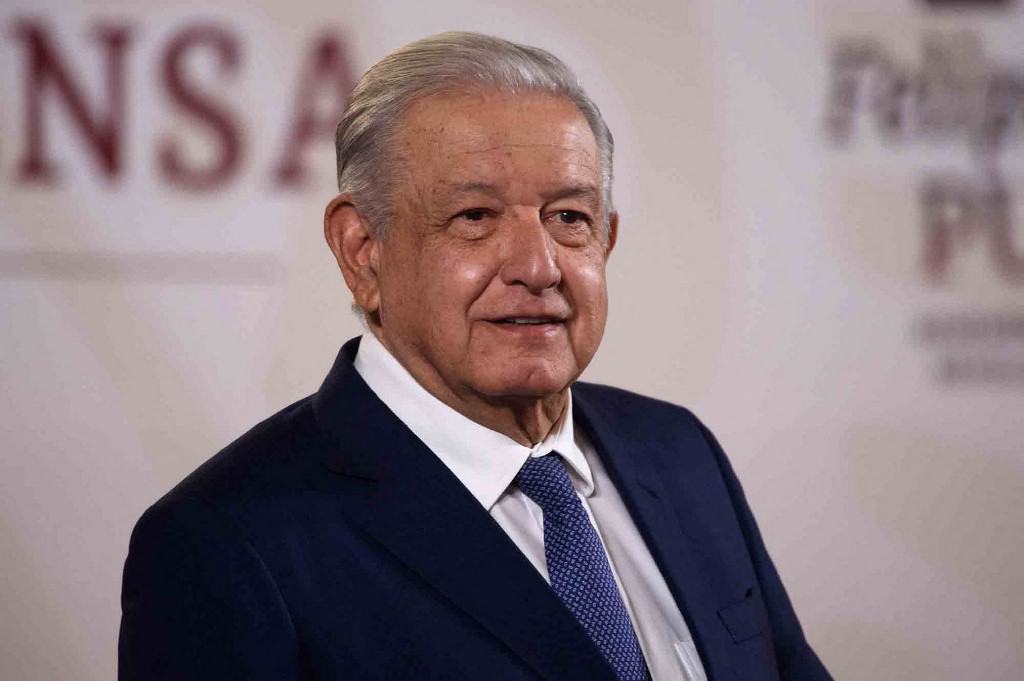Mexican President Andres Manuel Lopez Obrador on Friday hit back at criticism of his decision to reveal the telephone number of a New York Times reporter investigating alleged drug cartel links.
Lopez Obrador reacted angrily after the newspaper reported that US law enforcement officials spent years examining claims that people close to him took millions of dollars from criminal gangs.
On Thursday, he read out the journalist’s phone number at his regular news conference along with questions put to him by The New York Times.
Lopez Obrador denied Friday that he had breached data protection regulations, saying: “There can be no law above a fundamental principle which is freedom.” “What happens when this journalist is slandering me? She’s linking me and my family (with organized crime) without evidence,” he added.
The New York Times described the incident as “a troubling and unacceptable tactic from a world leader at a time when threats against journalists are on the rise.”
Mexico’s National Institute for Transparency, Access to Information and Personal Data Protection said that it would investigate whether the disclosure broke the law.
Media rights group Reporters Without Borders described Lopez Obrador’s actions as “scandalous,” and said that he should apologize to the journalist involved.
It comes weeks after a leak of reporters’ personal data held by the Mexican government triggered alarm among media rights activists in one of the world’s most dangerous countries for the press.
According to The New York Times, the United States decided not to open a formal investigation into Lopez Obrador because there was “little appetite to pursue allegations against the leader of one of America’s top allies.”
While US officials identified possible links between drug cartels and people close to Lopez Obrador, they did not find any direct ties between the president himself and criminal groups, it said, citing US records and unidentified sources familiar with the matter.
The information was hard to corroborate because much of it came from informants, the newspaper said. It is the second time this year that Lopez Obrador, who took office in 2018, has faced such claims in the US media.
Last month, he rejected allegations in an article published on the ProPublica news site that drug traffickers helped fund his first presidential campaign in 2006.






